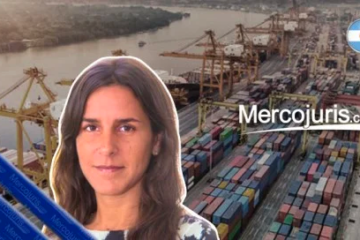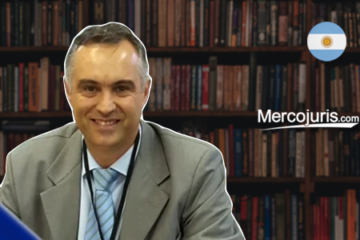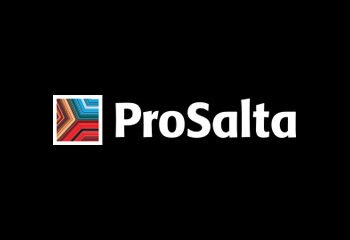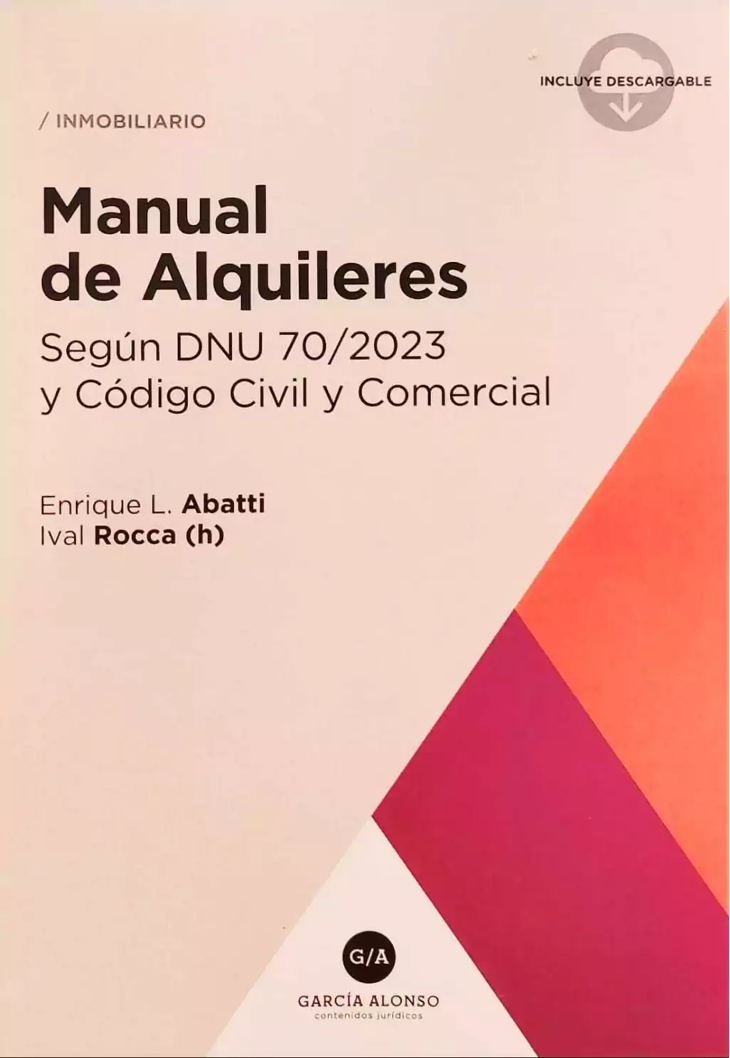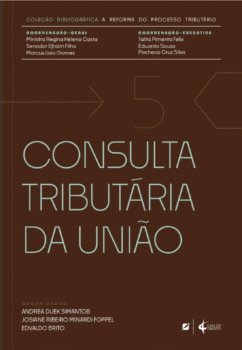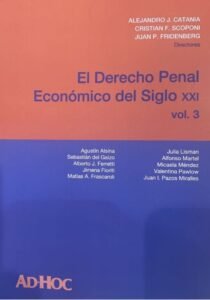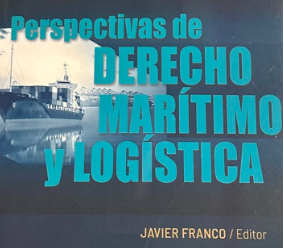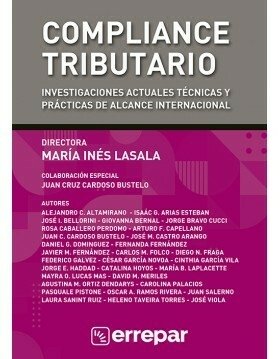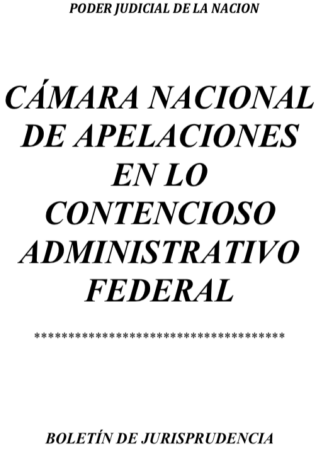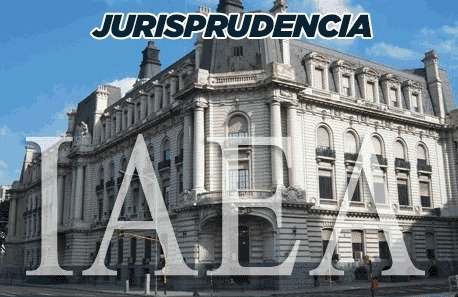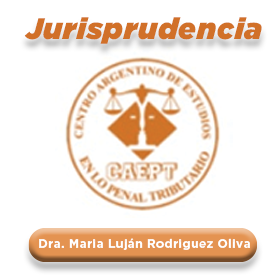Los Miembros de la OMC celebran la primera reunión formal sobre la reforma de la solución de diferencias
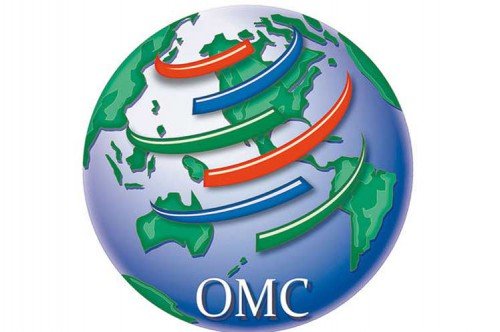
El 30 de mayo, los Miembros de la OMC celebraron su primera reunión formal, a nivel de Jefes de Delegación, sobre la reforma de la solución de diferencias, centrándose inicialmente en la forma de resolver las cuestiones relativas a la apelación/el examen y la accesibilidad. La Embajadora Usha Dwarka-Canabady (Mauricio), facilitadora del proceso, dijo que los debates pusieron de manifiesto una “valoración general muy favorable del sistema de solución de diferencias” como elemento central del sistema de la OMC.
At their 12th Ministerial Conference (MC12) in June 2022, WTO members acknowledged the challenges and concerns with respect to the dispute settlement system, including those related to the Appellate Body, and agreed to conduct discussions with the view to having a fully and well-functioning dispute settlement system accessible to all members by 2024. That commitment was reaffirmed by members at the 13th Ministerial Conference (MC13) earlier this year.
An informal process on dispute settlement reform was convened by Mr Marco Molina, then deputy permanent representative of Guatemala, in February 2023. A consolidated draft text which emerged from the informal process was circulated to members on 16 February for transparency purposes.
On 18 April, the Chair of the Dispute Settlement Body, Ambassador Petter Ølberg of Norway, informed the membership of the appointment of Ambassador Dwarka-Canabady as facilitator, thus signalling the formalization of the dispute settlement reform process. As part of the formal meeting process, interpretation, formal records and online participation of capital-based officials will be available, as well as the translation of documents, to ensure the process is conducted in an open, transparent and inclusive manner.
The facilitator reminded members that the purpose of the monthly Heads of Delegation (HODs) meetings is to hear updates on the technical work to be carried out by experts and to allow members to share views on how to take the work forward. The meetings are also intended to resolve issues that can be handled only at the HODs level and allow HODs to provide the necessary political guidance to experts, as necessary. Technical work will continue solely amongst experts and should remain interest-based and solution-oriented, she said.
Ambassador Dwarka-Canabady noted that she sent a communication earlier in the week regarding the nomination of co-convenors by members on specific subjects on dispute settlement reform work. The following experts, who received strong support from the membership, as co-convenors were: Mr. Joel Richards (Saint Vincent and the Grenadines) and Ms. Jessica Dickerson (Australia) for appeal/review; Mr. David Stranger-Jones (United Kingdom) and Ms. Claudia Diaz Paulino (Mexico) for accessibility; and Mr. Fırat Yeltekin (Türkiye) and Mr. Stacy-Paul Healy (Canada) for any other issues to be considered at the later stage.
The facilitator also noted that she shared two questions with members in advance of the meeting to facilitate discussions:
- First, being mindful of the interest-based negotiating modality that members have been using to make progress on dispute settlement reform, describe your delegation’s interest on appeal/review, including possible characteristics and ideas for developing convergence;
- Second, what steps are necessary to make the dispute settlement mechanism more accessible to all members?
Forty-six delegations took the floor to offer their views on the discussion questions, with some speaking on behalf of groups of members.
In summing up the discussions, the facilitator said she heard from members a strong appreciation for the dispute settlement system overall as a core element of the WTO system and the value it brings to compliance. She also acknowledged a strong interest by almost all members in maintaining a two-tiered dispute settlement system to build credibility for the system and a recognition that the concept of a peer review and how it operates must be examined to address several concerns expressed, including overreach, length of disputes and accountability. In addition, she noted a strong interest in having binding and consistent decisions, but also that a standing appellate body may not be the only way to address legitimacy.
There was also a strong acknowledgement by members of the compelling need for accessibility and recognition of the work done so far, and the need to pursue this work further, she said. In addition, some interesting suggestions from members on how to bring everyone up to speed on the work done so far would be taken into consideration.
The facilitator said she intends to meet with the new co-conveners to see how to chart a plan for discussions ahead. The next formal HODs meeting on dispute settlement reform will take place on 20 June.
Fuente: OMC


